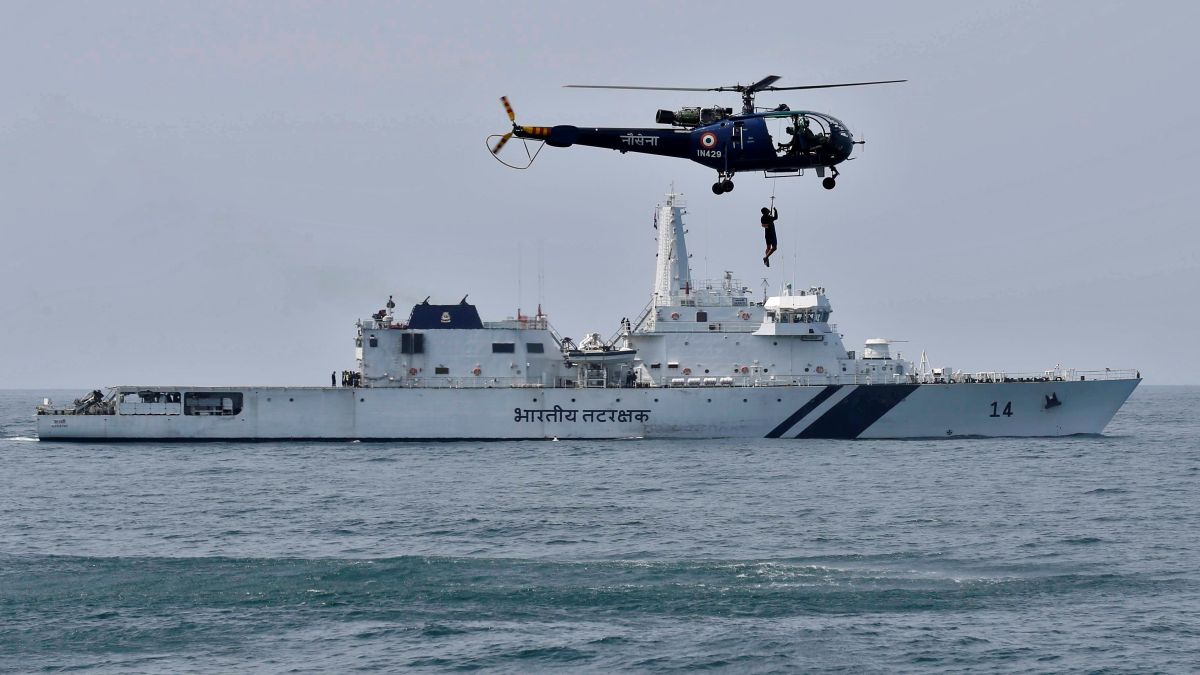)
India told the UN that the Indian Navy has become a major stabilization force in the western Arabian Sea, where piracy and attacks on commercial vessels have increased rapidly. India’s permanent representative said the navy has expanded its presence, saving hundreds of lives as the threat to key shipping lanes continues to grow.
Speaking at the UN Security Council session on maritime security, India’s Permanent Representative Parvataneni Harish underlined the vital role of the Indian Navy in securing global sea lanes amid the rise in piracy and attacks in the Western Arabian Sea.
Harish told the council that India has dramatically increased its maritime security presence in recent years. “Over the past two years, in response to the increasing incidents of shipping attacks and piracy in the Western Arabian Sea, the Indian Navy has deployed more than 35 ships to the region, conducted more than 1000 boarding operations and responded to more than 35 incidents,” he said at the meeting co-organized by Greece, the Philippines, Denmark, Japan, Panama and Romania.
‘Reliable and swift’ Indian Navy actions have saved 500 lives – irrespective of nationality’ – 🇮🇳 envoy tells UN
@IndiaUNNew York pic.twitter.com/5WR0MfeN5F
– RT_India (@RT_India_news) 22 November 2025
He emphasized that the Navy’s intense and high-risk operations have saved lives of various nations. “The credible and prompt action of the Indian Navy has saved the lives of more than 520 people, regardless of nationality,” he said. Harish said that “Since November 2023, the Indian Navy has safely rescued more than 367 merchant vessels carrying more than 14.7 million metric tonnes of cargo valued at more than $6.3 billion.”
The discussion came amid growing instability in key sea lanes – from Houthi missile and drone attacks in the Red Sea to a resurgence of piracy off the Somalia coast – putting pressure on global commerce and the safety of thousands of seafarers.
Harish highlighted the role of the Information Fusion Center-Indian Ocean Region (IFC-IOR) in sharing real-time intelligence and improving coordinated maritime responses.
She also showcased India’s ‘Respect at Sea’ initiative under the Maritime India Vision 2030, citing gender-sensitive reforms, improved safety standards and deployment of all-female ship crew as markers of India’s evolving maritime policy.
“India stands ready to work with the international community to strengthen seafarer safety, promote gender equality and improve the lives of those serving on ships,” he said, linking these efforts to India’s broader ocean vision – “reciprocal and holistic advancement of security and development in all sectors.”
end of article

)
)
)
)